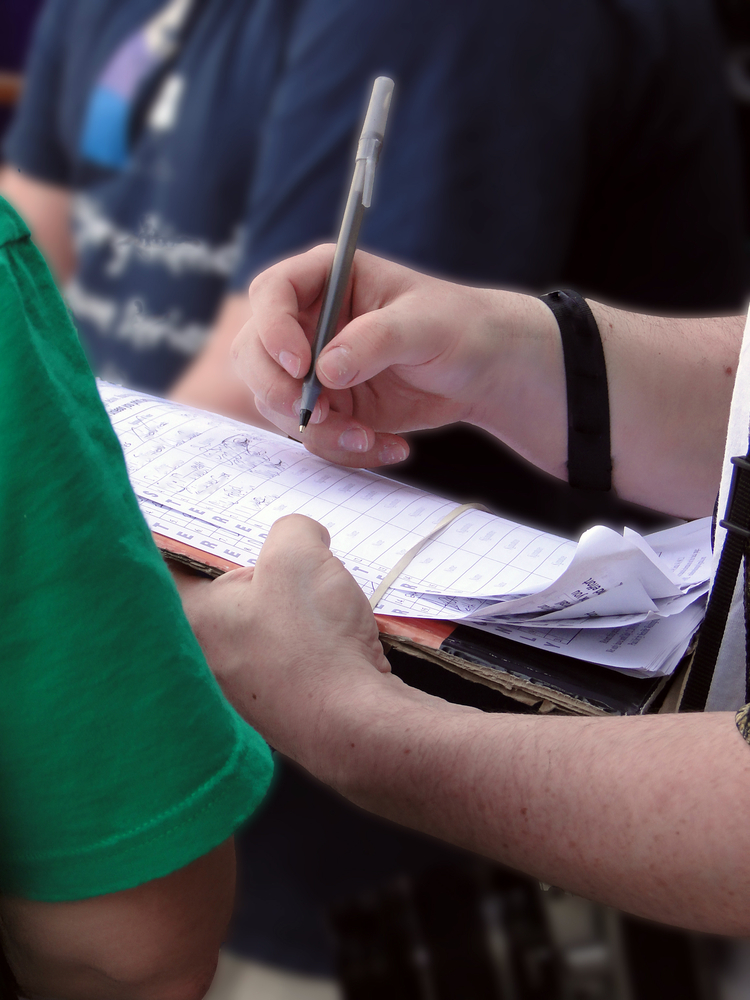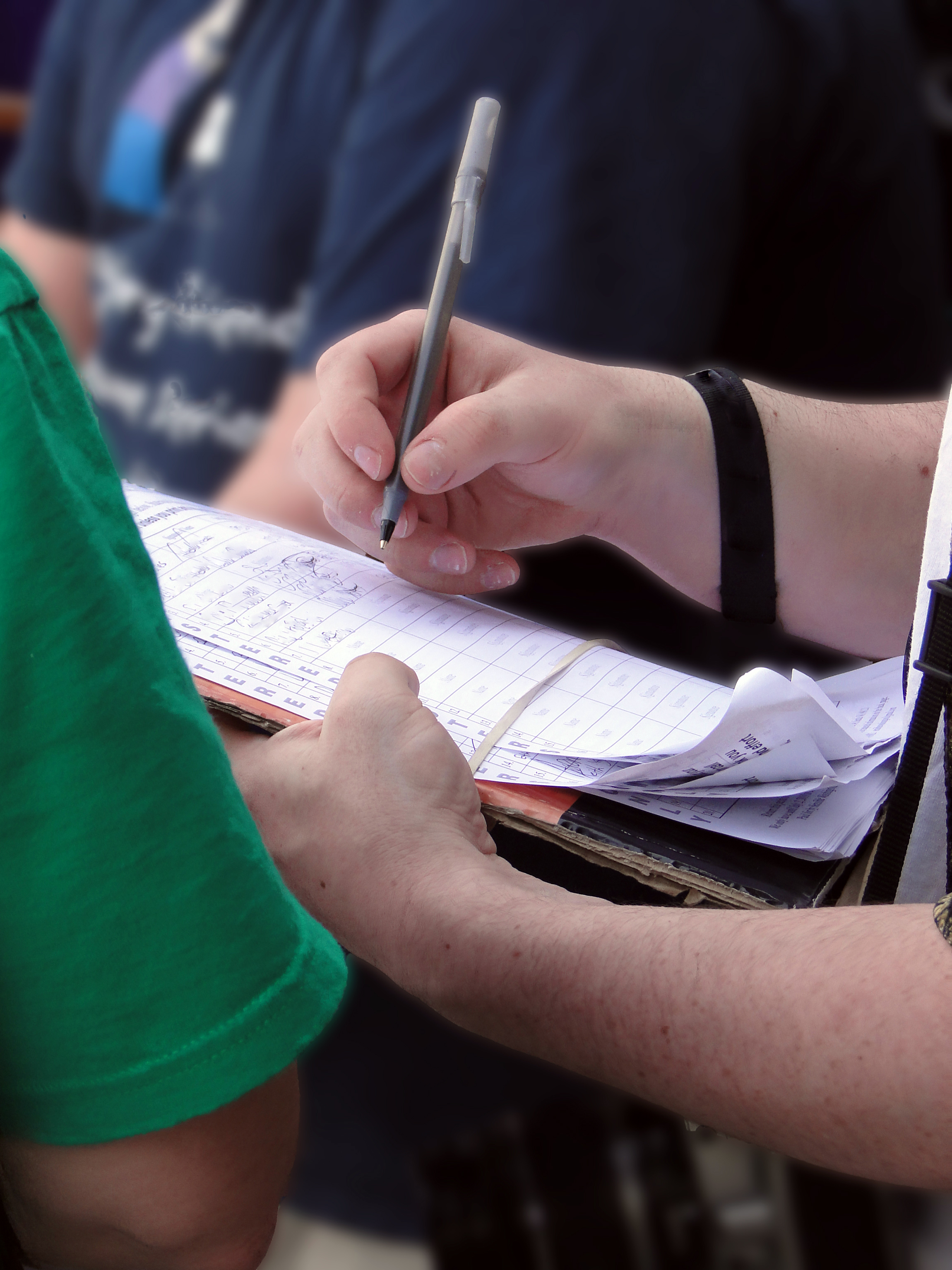
Saturday, March 7, 2020
Boulder has selected a vendor and will have the capability to gather signatures for petitions online by mid-year, though actual rollout for official use is still two elections away.
Council members got a progress report Tuesday night. Arizona-based Runbeck Election Services was picked via a competitive bidding process to develop an online petitioning system for $490,000, a price that included $250,000 development and three years of maintenance at $80,000 per annum.
The system will allow petitions to be posted, reviewed and signed online, one of the first in the state and nation. Users will need to verify that they are registered and eligible to vote in Boulder. Staff is working to finalize an agreement with the county to get daily access to voter registration data.
Voters OK’d online petitioning in 2018. Staff has been working since then to research and implement a system, amid much criticism from a small number of community members that the process was too slow. The hope was to have online petitioning up-and-running in time for the 2020 elections, but staff in early 2019 pushed that back a year because of the difficulty in finding a comparable system on which to base Boulder’s.
Involved residents had been pushing for nonprofit research organization MapLight to design an open-source system. MapLight had initially offered to do so for free, but submitted a for-cost proposal during the competitive bidding process: $401,270 ($221,270 for development and three years of maintenance, for $58,000, $60,000 and then $62,000, respectively).
After losing out on the bid, MapLight then re-upped its gratis offer. But as it was outside of the competitive bidding process, City Attorney Tom Carr said it would be unfair to entertain.
“We don’t generally allow failed bidders to do another bid,” Carr said.
Staff had security concerns around having an open-source system. It also would have required additional staff time and possibly the hiring of a consultant to maintain, Carr said.
Council, on the whole, agreed that open-source may not be the way to go for elections-related systems. (Open-source software was not a criteria in the Request for Proposals.)
“With elections stuff, you want to move slowly and include a lot of security,” said councilman Aaron Brockett, a software industry professional
“I think we’re on the right path.”
Two council members, Adam Swetlik and Rachel Friend, wanted to issue a new RFP, due to what they saw as a lack of transparency during the lass process. City leaders convened what Carr called a “courtesy” meeting of the disbanded Campaign Finance/Elections Working Group to update them on the process and gather input.
Unbeknownst to the group, a deal with Runbeck was signed five days prior to the meeting. Carr said Tuesday that because the contract included a 30-day opt-out, he instructed staff to sign before the working group meeting, knowing that the city could renege if needed, without penalty.
The question, Carr said, “was: Do we wait? As staff, we’d been criticized a lot for delaying. … If we heard something from the working group that they didn’t want to do it, we would just pull out. … That was the rationale for signing it.”
That information wasn’t shared at the December working group meeting, according to Friend and Swetlik.
“That would have been really helpful to have heard,” Friend said.
Boulder has spent between $50,000 and $100,000 to date on Runbeck’s development efforts. Carr gave a demonstration of the system to council; community demos will begin later in the year. Runbeck expects to have a functioning system for hosting and signing petitions by July, with more administrative capabilities available by mid-November.
There have been only four successful petition efforts in Boulder over the past decade, according to staff. Voters in 2018 also approved lower signature limits for initiatives and referendums; just over 3,000 signatures are needed to place either on the ballot.
Because of the new thresholds, staff expect that more petitions will be attempted in the future. Already, two petition committees have filed with the city clerk: one group seeking to provide legal representation to those facing eviction in Boulder and another to stop the city from pursuing formation of a local utility.
Read a play-by-play of Tuesday’s discussion here.
— Shay Castle, boulderbeatnews@gmail.com
,
Want more stories like this, delivered straight to your inbox? Click
here to sign up for a weekly newsletter from Boulder Beat.
Elections Aaron Brockett Adam Swetlik Boulder City Attorney city council city of Boulder Election and Campaign Finance Working Group elections MapLight online petitioning online petitions open source software petitions Rachel Friend Request for Proposals RFP Runbeck Election Services security Tom Carr

